ProBiotics 101 – Ultimate Guide (BEGINNERS)
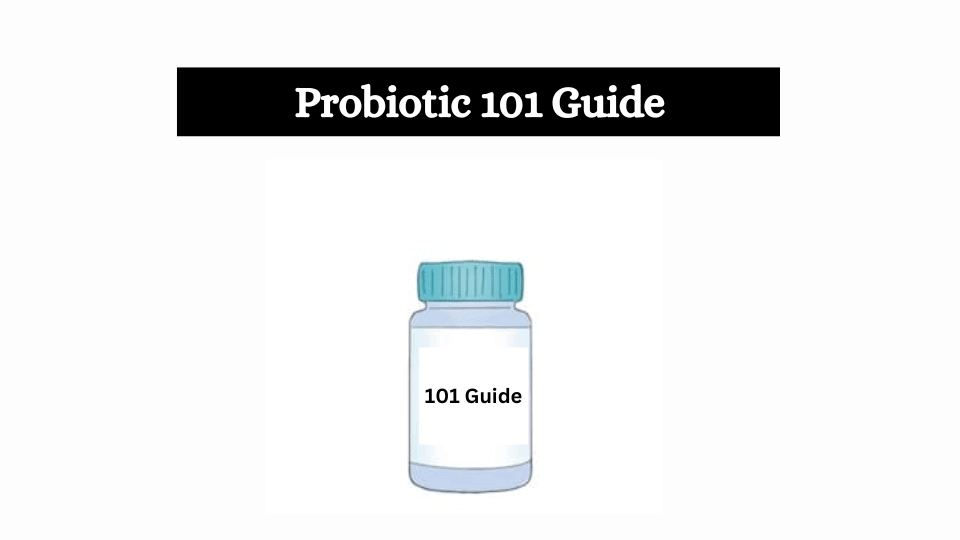
The human body is home to trillions of bacteria and microbes that primarily reside in the gut and perform essential metabolic functions. These gut bacteria have been extensively studied, and their significance in maintaining good health has been established.
However, the concept of probiotics can be confusing for many people. This guide aims to clarify what probiotics are and what they are not, providing readers with the necessary knowledge to make informed decisions about whether or not to take them.
By exploring medically verified facts about probiotics, readers will gain a comprehensive understanding of their potential benefits and risks. Ultimately, this 101 guide will equip readers with the tools to make an informed decision about all things probiotics.
What Are ProBiotics?
Food and Agriculture Organization of the United Nations and the World Health Organization (FAO/WHO) have published a definition of probiotics almost two decades ago. FAO/WHO defines Probiotics as “live microorganisms that, when ingested in adequate quantities, lead to health benefit for the host".
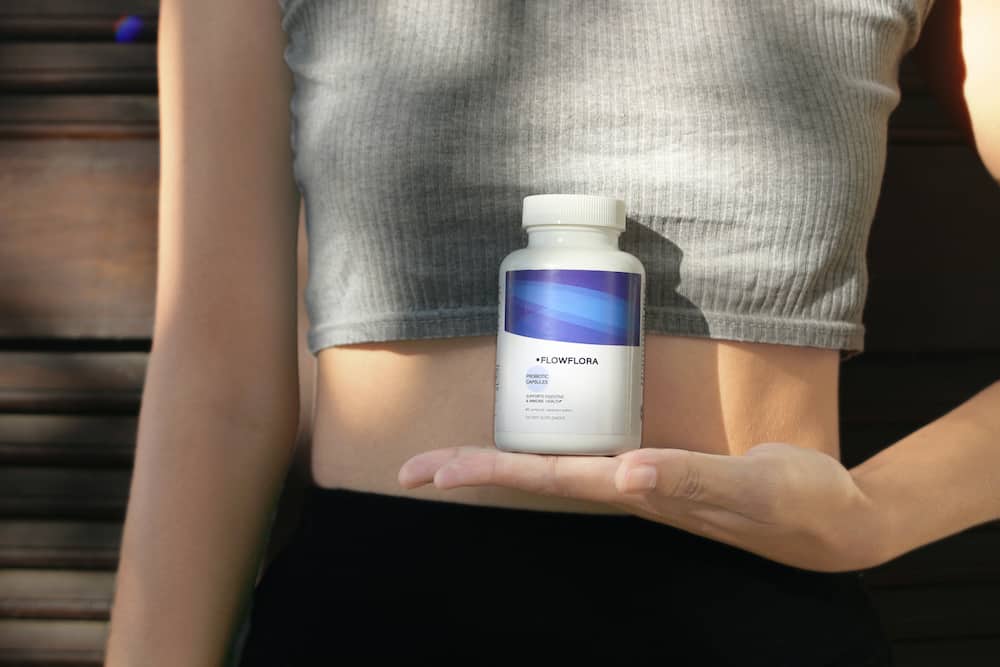
I created "FlowFlora" my own probiotic.
Most probiotics are bacteria, but some types of yeast are also considered to be probiotics. Probiotics are naturally found in foods such as yogurt, tempeh miso, kimchi, sauerkraut, and kefir.
You also have the option to take probiotic supplements in the form of tablets, pills, liquid or gummies. Probiotic is a broad term used to refer to different groups and species of good bacteria found in your gut.
Lactobacillus and Bifidobacterium are the most common probiotic strains which contain several species of bacteria, and each species usually has many different bacterial strains. So, when someone uses the term “probiotics,” they are essentially referring to a group of bacteria.
Different bacterial strains address various health conditions, so choosing the right probiotics is essential if you want to treat an existing health condition with probiotics. Some probiotic supplements known as multi-probiotics combine several species and strains in a single product.
Why Probiotics Are Important for Your Gut
The human gut is home to a diverse array of microorganisms, comprising an estimated 500 to 1,000 different types of bacteria, yeasts, and viruses. Collectively, this community is known as the gut flora or microbiota, with bacteria making up the majority of the population.
Most of the gut flora reside in the colon, which is the last part of the digestive tract. The importance of gut flora for overall health has been the subject of numerous studies, with evidence suggesting a link between gut flora and various pathological conditions, including colon cancer, irritable bowel syndrome, and inflammatory bowel diseases.
Indeed, the gut flora is sometimes referred to as the "forgotten organ" due to its vital role in nutrient metabolism and vitamin synthesis. It converts dietary fibers into short-chain fatty acids that nourish the gut wall and strengthen the immune system, protecting the body from various diseases.
The gut flora is highly sensitive to diet, and imbalances can lead to an overgrowth of harmful bacteria, contributing to the development of chronic diseases such as obesity, diabetes, cardiovascular disease, Alzheimer's, and depression.
To maintain a healthy gut flora, taking probiotics and prebiotics may help restore the balance of beneficial bacteria in the gut, promoting optimal gut function and overall health.
What Probiotics Do for Your Digestive Health
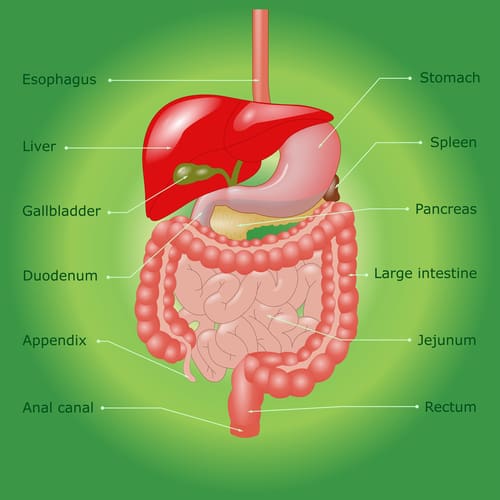
Digestive System Diagram
Probiotics are essential for maintaining a healthy gut and are among the most critical elements for digestive health. Research has suggested that certain probiotics may help with some digestive diseases like IBD when taken regularly.
Antibiotics, which are widely used to treat infections, can be detrimental to gut flora and prolonged use of antibiotics is known to kill healthy bacteria in the gut. Probiotics have been shown to be helpful in preventing and treating antibiotic-associated diarrhea and Clostridium difficile-associated diarrhea.
Probiotic supplements may also be beneficial for individuals with irritable bowel syndrome, bloating, constipation, and other inflammatory bowel diseases such as Crohn's disease or ulcerative colitis. Some probiotics may even help combat Helicobacter pylori infections, a leading cause of ulcers.
If you suffer from any of the conditions listed above, it may be worth considering probiotic supplementation after consulting with your doctor. However, it's important to note that this cannot provide medical advice.
Are Probiotics Vegan?

Vegans face a dilemma regarding probiotics as most probiotics available in the market are dairy-based or have been derived from non-vegan sources.
As the number of people avoiding dairy products increases with each year, so is the number of vegan probiotic supplements.
There are several vegan probiotics available in the market now, which are made of vegan ingredients. You can find several probiotic pills, gummies, and tablets free from dairy, soy, or gluten and contain several probiotic strains of several species.
When to Take Probiotics?
Determining the optimal time to take probiotics can be confusing, as there is little consensus among brands and experts. However, it is well-known that some bacterial strains in probiotics are sensitive to stomach acid, which can quickly kill millions of bacteria. As a result, taking probiotics immediately after a meal, when the stomach is hyperactive and full of acid, can render the supplement ineffective.
On the other hand, taking probiotics in the morning, immediately after waking up, is considered by most experts as the best time. During sleep, the stomach is less active, and acid levels are lower, which minimizes the chance of bacteria being killed by stomach acid. It is worth noting that some probiotics may also be taken with meals, as some strains can withstand stomach acid better than others.
Can Probiotics Help You Lose Weight?
Research has revealed a close relationship between gut bacteria and obesity and studies have shown that people suffering from obesity have different gut flora than those who are not obese. In a 2013 study conducted on 210 people, it was found that taking the probiotic Lactobacillus gasseri daily for 12 weeks led to an 8.5% loss of belly fat. Other studies have also shown that Lactobacillus rhamnosus and Bifidobacterium lactis may help with obesity but more human clinical research is still needed. However, it's important to note that some strains of probiotics may lead to weight gain in both humans and animals through increased hunger for example.
Digestive Enzymes vs. Probiotics
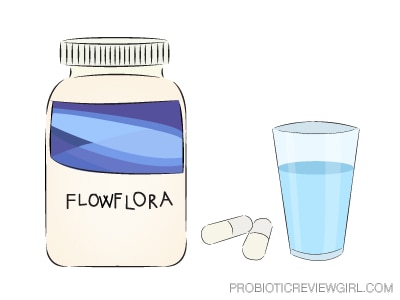
While digestive enzymes and probiotics are both beneficial for gut health, they are fundamentally different substances. Digestive enzymes are proteins that help your body break down food and are produced naturally by several organs like the pancreas, liver, and salivary glands.
In contrast, probiotics are live microorganisms that, when consumed in adequate amounts, offer numerous health benefits beyond just digestion. They promote a healthy balance of gut bacteria and help treat and prevent several digestive and other health problems. So, while digestive enzymes can aid in the digestion of food, they are not substitutes for probiotics.
Do Probiotics Have Side Effects?

Yes, probiotics may cause migraines.
In addition to gas and mild abdominal discomfort, some people may experience other side effects from taking probiotics. These can include dizziness, bloating, constipation, diarrhea, and allergic reactions such as hives or rashes.
It's important to note that certain types of probiotics can be harmful to people with underlying health conditions, such as those with pancreatitis or a history of intestinal surgery. People who are undergoing cancer treatment or who have had an organ transplant should also talk to their doctor before taking probiotics, as these supplements may interfere with their medications.
Furthermore, some studies have suggested that certain strains of probiotics can increase the risk of infections in people with weakened immune systems, such as those undergoing chemotherapy or who have recently had a transplant. Therefore, it's VITAL to consult with a healthcare professional before starting any probiotic supplement, especially if you have a medical condition or are taking medication.
Is A Higher CFU Count Better?
It is important to note that a higher CFU count does not necessarily mean that the probiotic is better. It is always best to consult with a healthcare professional before taking probiotics with a high CFU count, as they may cause more severe side effects, especially for people with weak or compromised immune systems.
In addition to this, some people may experience allergic reactions to certain strains of probiotics, so it's always a good idea to start with a low CFU count and gradually increase the dosage over time. It's also essential to choose a reputable brand when buying probiotics to ensure that the product is safe and effective and know that a higher CFU count does not increase the efficacy of a probiotic supplement.
Other Ways to Boost Your Gut Health
In addition to avoiding junk food and incorporating natural foods into your diet, there are several other tips that can help boost your gut health:
By incorporating these tips into your daily routine, you can help promote a healthy gut and overall well-being.
Prebiotic vs. Probiotic
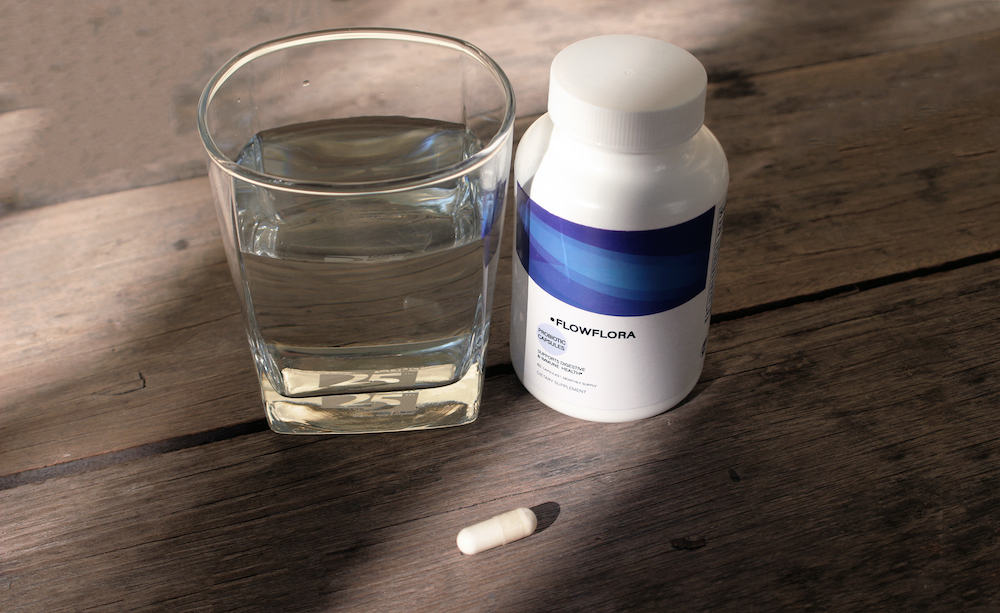
Prebiotics and probiotics are two different substances that play a crucial role in maintaining a healthy gut. Prebiotics are non-digestible fibers derived from plant-based foods that serve as food for probiotic bacteria, which thrive on prebiotics. Some examples of prebiotic-rich foods include acacia gum, banana, asparagus, chicory root, garlic, dandelion greens, leafy greens, and onions.
On the other hand, probiotics are live bacteria that provide a variety of health benefits when consumed in adequate amounts. While prebiotics and probiotics sound similar and are often confused, it's important to understand that they are two distinct substances with different functions. To maintain a healthy gut, it's recommended to consume a variety of prebiotic-rich foods in addition to taking probiotics.
Final Thoughts
I have attempted to provide comprehensive information on probiotics in this guide and I hope it has been informative and useful to you.
Probiotics play a crucial role in maintaining good gut health, and emerging research indicates that they may be effective in preventing and treating various diseases and conditions. However, it's essential to note that probiotics should not replace any prescribed medication, and you should always consult with your doctor before starting any new supplement.
Incorporating probiotics into your diet can be as simple as adding probiotic-rich foods like yogurt or kefir, or taking a probiotic supplement. Along with probiotics, it's also important to focus on overall healthy eating habits and a healthy lifestyle to improve gut health.
Remember, a healthy gut is key to overall health, so make sure to prioritize taking care of yours. I am not a Doctor.

Alicia Harper is a NASM-CNC Certified nutritionist and the editor of ProbioticReviewGirl.
After suffering from recurrent gut issues she spent years researching Probiotics and the microbiome.
She has tested 29+ different Probiotics and is a probiotics expert. As a probiotic fanatic, she has valuable knowledge to share with the world.
Hi Alicia… I’ve read your Nutrition Essentials Probiotic Review as well as this probiotics 101 beginners guide, but I still can’t decide on the best probiotic supplement for me. I’m looking to treat candida, what probiotic supplement do you suggest for candida? I don’t have any issues like IBS. I’ve also put on a couple of inches on my midsection over the last 2.5 years that I would like to work on.
Do you have any information on Ehlers-Danlos and the use of probiotics to help with gastroparesis and whether Leaky Gut is common with this condition?
Hi Tammy, There aren’t any studies on the use of Probiotics for Ehlers-Danlos but they have been studied for Leaky Gut & Gastroparesis. While symptoms of Ehler-Danlos may be similar to Leaky Gut I wouldn’t be able to say definitely if Leaky Gut is more common due to a lack of studies.